
Welcome to GR Online, a series of short-form articles that take aim at the moving target of contemporary culture as it’s whisked along the guide rails of innovations in digital media, globalisation and late-stage capitalism.

Stuff
It wasn’t dangerous, this thing with Marty. I could choose not to do what he told me to do. I had my freedom. But I didn’t want it. I wanted no responsibility. It was a turn-on. All the research shows that libido is diminished by mental fatigue. The mental load. I could see it with Rachel. She was my younger sister, but she looked about ten years older than me, and we joked that she had no working memory. Dory, I called her. She and Greg never had sex.
I didn’t have children, and the mental load was still big. And in every relationship I’d ever been in, it had gotten bigger. I ended up taking their mental load too. Emails to answer, bills to pay, budgets, basic living. Christmas gifts and dinner arrangements. Everything had a password now. Every password had a one-time code. Choice was overwhelming. A woman in the suburb next to mine had been found in the foetal position, dead from an aneurysm, clutching internet service-provider plans

Björk in concert
The wind feels strange on his face. He hasn’t stepped outside in too long. He hesitates in the doorway. He really doesn’t have time for this. He needs to write that last chapter. He needs to finish what he has promised. What separates humans from everything else is our urge to create. He turns back towards his computer but then he is outside and locking the door and it feels like he has no agency over this. His body wants to go for a walk and so he must walk. He catches a glimpse of something bright poking up through the mulch at the base of a tree. A mushroom. Then suddenly they all come into focus. Mushrooms everywhere. Mushrooms on tree trunks like little shelves for fairy books, mushrooms in the mud and mushrooms in among the grass. There are even little net-like things around red stalks. Weird Cronenberg mushrooms, half fungus, half machine.
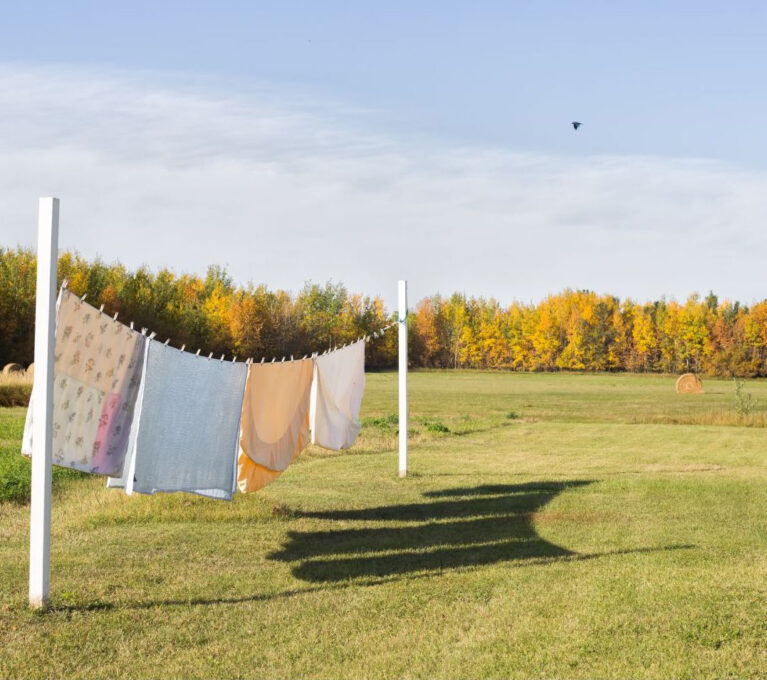
The blue room
Mum did not tell us that Sabina had tried to kill herself. She said that she was unwell, and because she was unmarried and her children lived interstate Sabina would stay with us while she convalesced. We figured it out after she arrived; she did not appear sick, but lively and plump. Nor was there any regularity to her medical appointments. Though Phoebe was irritated that she would have to share her bathroom we found the situation morbidly glamorous, the sick woman with the elegant name whose stay would end with recovery or its opposite. So many sibilant words: suicide, convalescence, Sabina. Having no knowledge of death or any conviction we would ever die, suicide seemed tinged with romance. That Sabina lived confirmed our belief that death was not serious.

The pool
Mum always says to me, you know what he’s like – your father. As if the old man is my responsibility and mine alone. Little wonder that legacy and liable have the same number of syllables. Of course I know what he’s like…so much so that I’m not even remotely surprised when one afternoon I hop off the school bus and come wandering inside with my little brother Jeremy in tow to find a big bald bloke sitting cross-legged at the dining table blabbering on about fibre glass this, solar heating that. On the table in front of Dad, a corona of shiny brochures.
‘We’re getting a pool, sons!’ Dad winks at Jeremy.
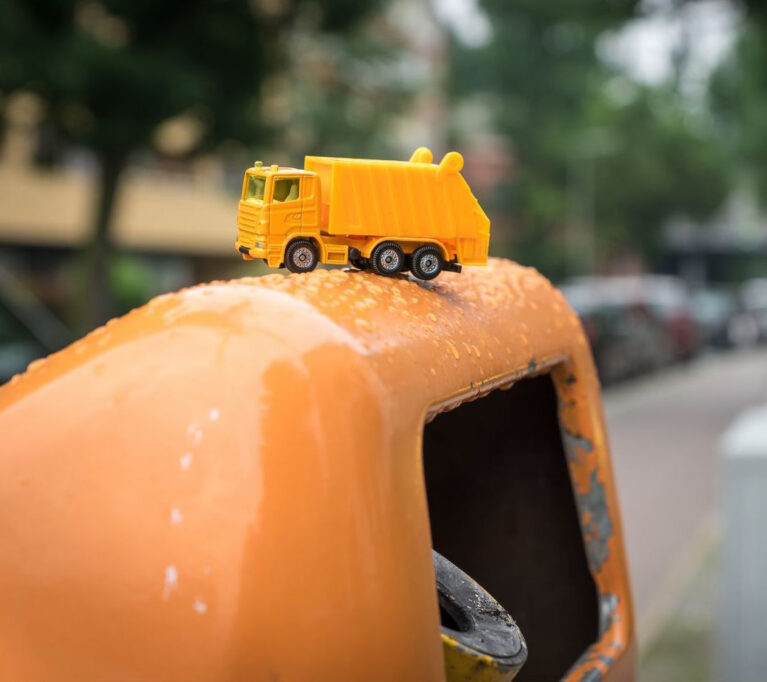
Trash and treasure
In the middle of the night he had a dream where the dirty pasta bowls he’d left out were on fire, smoking up the apartment. When he shot up in bed, he could still smell the smoke. He remembered Karim, the whole previous day and night flashing through his head. In five strides he was in the living room. Karim wasn’t on the couch. The balcony door was open and he was out there, shirtless, leaning on the balustrade smoking a cigarette. The nodules rising out of his spine pinged the moonlight over his back like a prism. Ben went out, shut the door behind him, leaned over the balcony by Karim. Their arms touched and neither of them pulled away. The forum was emptier than empty. Completely still, like they were peering into a photograph.

Sissys and bros
‘Sydneysiders woke up to a red dawn this morning due to an eerie once-in-a-century weather phenomenon.’ This was straight after school, before my shift. Channel 9’s Peter Overton was blaring from the TV. My five sisters and two brothers yelled about Mumma hogging the remote. Overton’s robot voice followed me into my room. I tugged off my Holy Fire High School blazer. Our emblem: Bible beneath a burning bush. Our motto: Souls Alight for the Lord and Learning. Fumbled through the dirty laundry basket for my dress-like work shirt that stunk of rancid onion. Our logo: a pepperoni pizza wearing a fedora and holding a Tommy gun. Our motto: Happy Mafias Pizza: Real Italians Leave the Gun and Take the Cannoli.
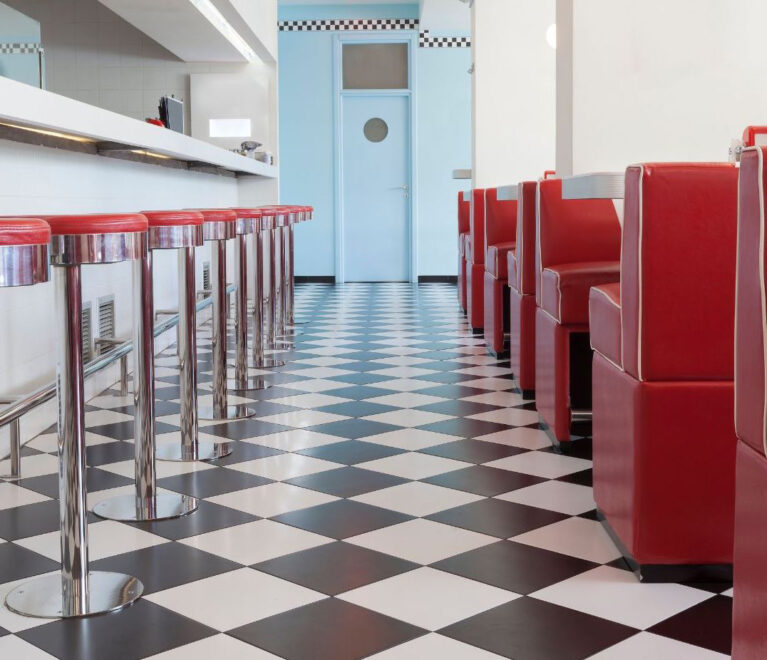
Load
When I wake up from being a dishwasher, curled on the floor of my apartment, it’s like I have woken from the perfect slumber. I don’t think I have felt like this since the womb. Imagine being able to temporarily kill yourself. The world, the body, weighs heavy. Being a dishwasher is the closest I have ever felt to bliss. Before this, the closest I got to bliss, true bliss, was getting high with my dad and eating a cream corn and cheddar toastie at the Murchison Tea Rooms.

Mesopotamia
Their camp is on a floodplain, dirt baked dry for now, among a stand of black box trees. Close to the bank, river red gums tower and would provide better shade, but Kim had been worried about falling branches. From a rise near their tent, they can monitor the vast, slow drift of the watercourse, progress marked by its bobbing contents. Wordlessly, this is how they spend most of their time.
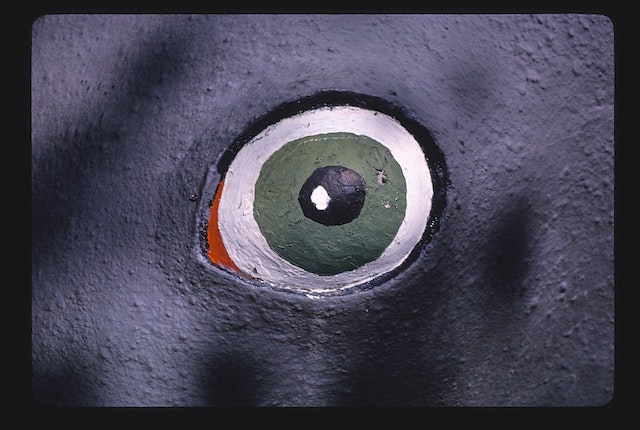
The work
The contours of Abe’s move were becoming apparent, though I still wasn’t too concerned. ‘We,’ I said, evenly. Abe had never parented in his life. He wasn’t going to start now. He’d sacrificed six children on the altar of his art – and unlike the mothers of those children, I understood why: a self couldn’t be divided. It couldn’t be poured into anything but the work.
Abe watched me with greedy expectation. I was surprised that he’d chosen this tactic to wound me. The guilt of refusing a needy four-year-old would hurt a little: I wasn’t heartless. It would probably feel much the same as witnessing Isabelle’s pain. But it wasn’t going to hurt a lot.
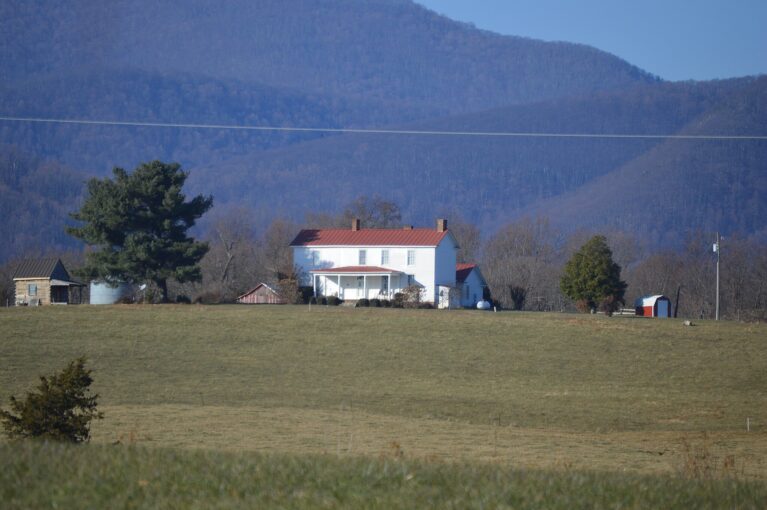
Tawny child
Carefully, Morgan loosened the fabric. The crying increased in volume. Eventually, the small dark head of a bawling, tawny child emerged into the clear light. Morgan looked at the child with her eyes narrowed and her lips pursed, as if she were considering an heirloom of unknown value. Hans took the envelope from the fingers of the man in the blue suit and tore the gold seal. Inside were five crisp, dry banknotes. The man in the blue suit told them that such payments would be forthcoming every month, and that the child’s name was Many-gift in the local dialect, but they were to refer to him as Albert and raise him as their own.

The window
One dinner, in the midst of playing with Seb in the reflection, Rudi laughing and squealing away, there came the distinct burst of a sob. We stopped in our tracks, looking around at each other in confusion until we located the downturned whimpering in Tim’s eyes and mouth. What is it? I asked, putting my hand on his shoulder. He turned and buried his face into my neck. What is it? I repeated. I don’t like them, he moaned, his hand pointing towards the window.
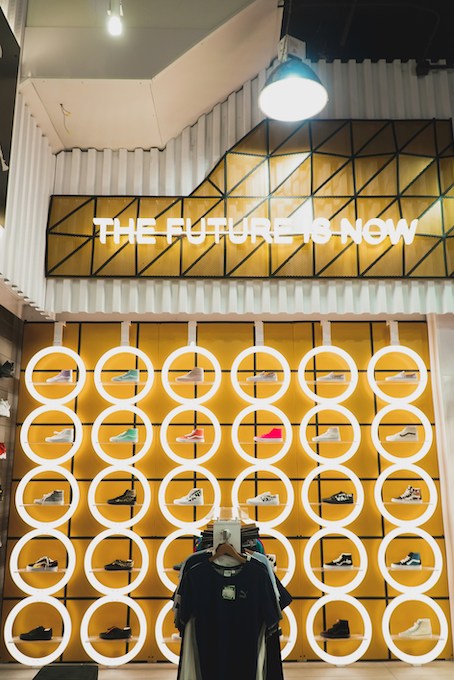
New shoes
This is where I work: the kind of sneaker store that stocks shoes with the names of famous American rappers or athletes. The kind of sneaker store with plywood everywhere and hip-hop and young staff who look like customers except for their fluoro lanyards. Tomorrow a famous American basketballer will drop his new line of shoes. At our morning catch-up, Corrine reads out a list of names. It’s the staff who have pre-paid for the shoes. I am on the list, and Jules and Ruby are too. Corrine reminds us that this is a ‘privilege’ for staff.